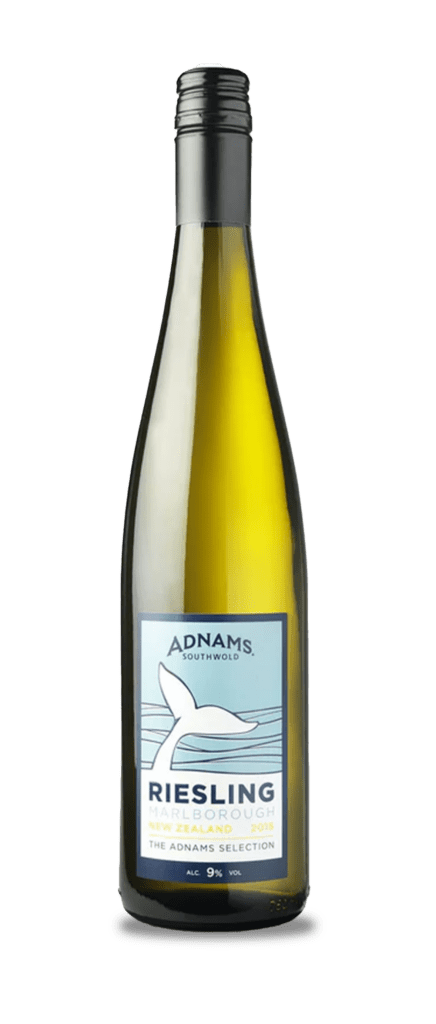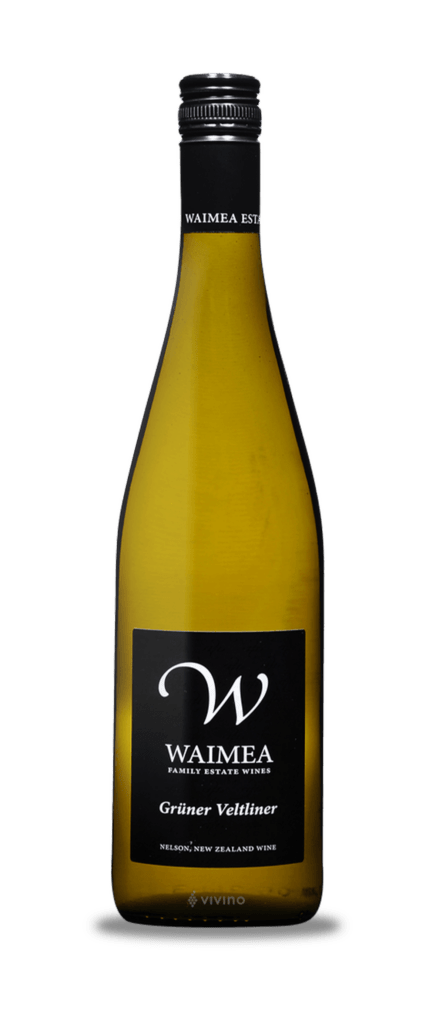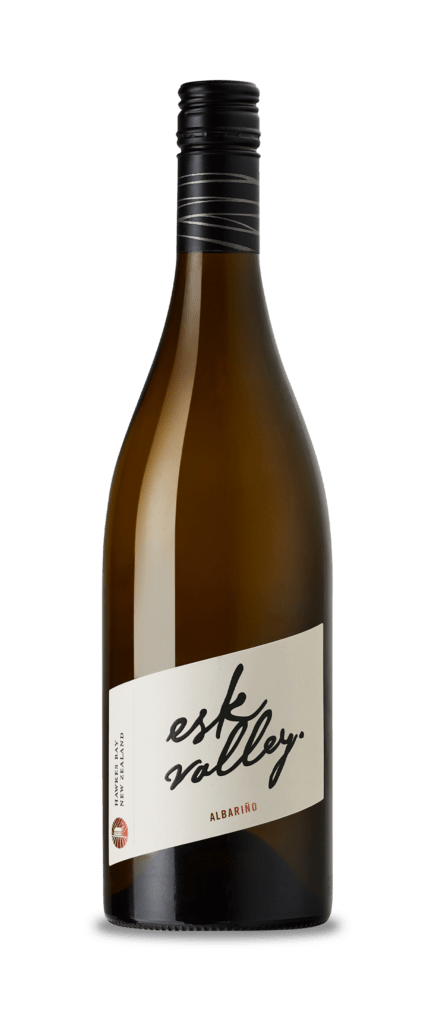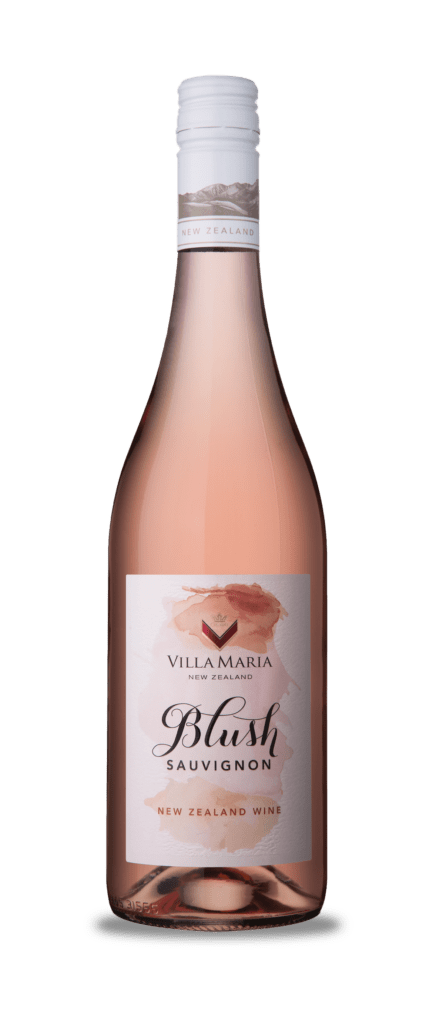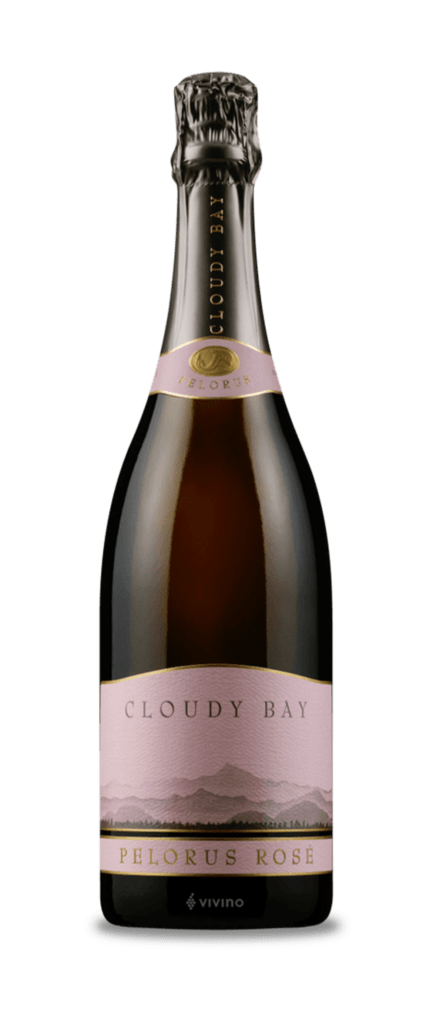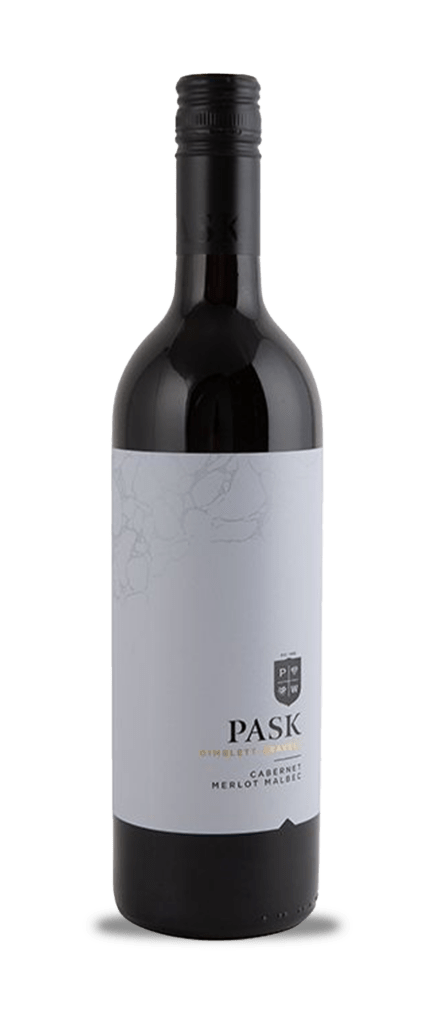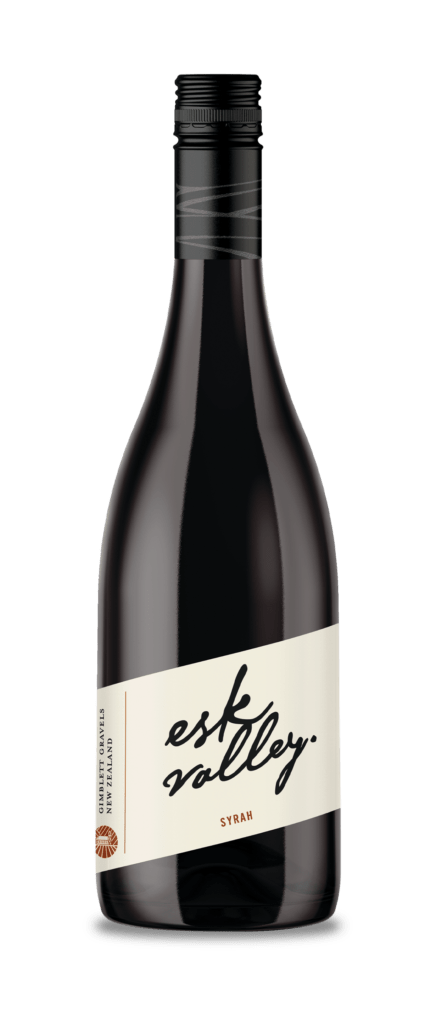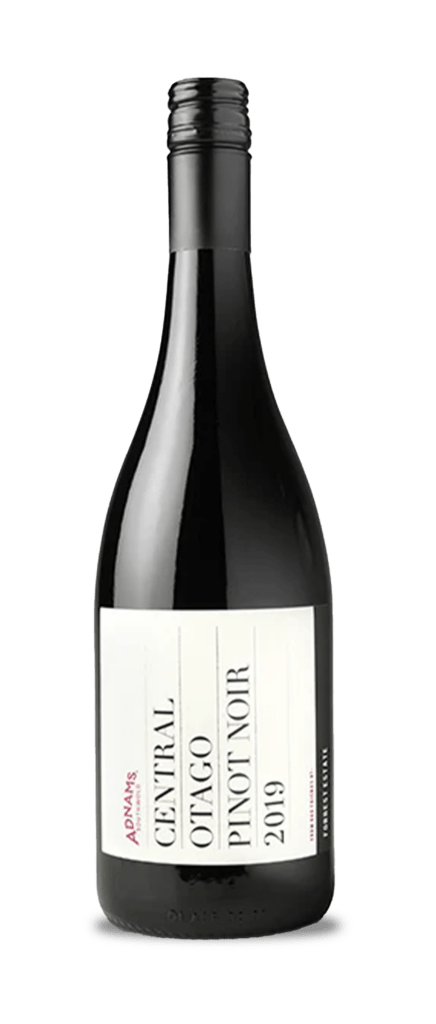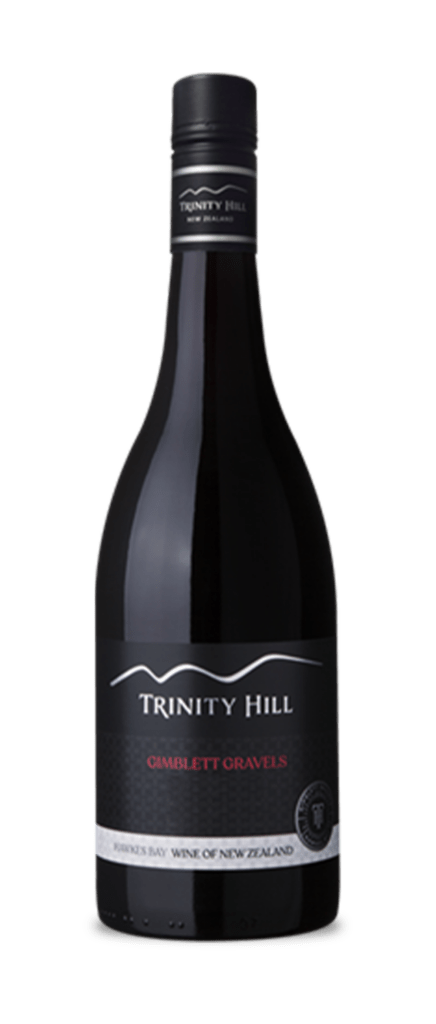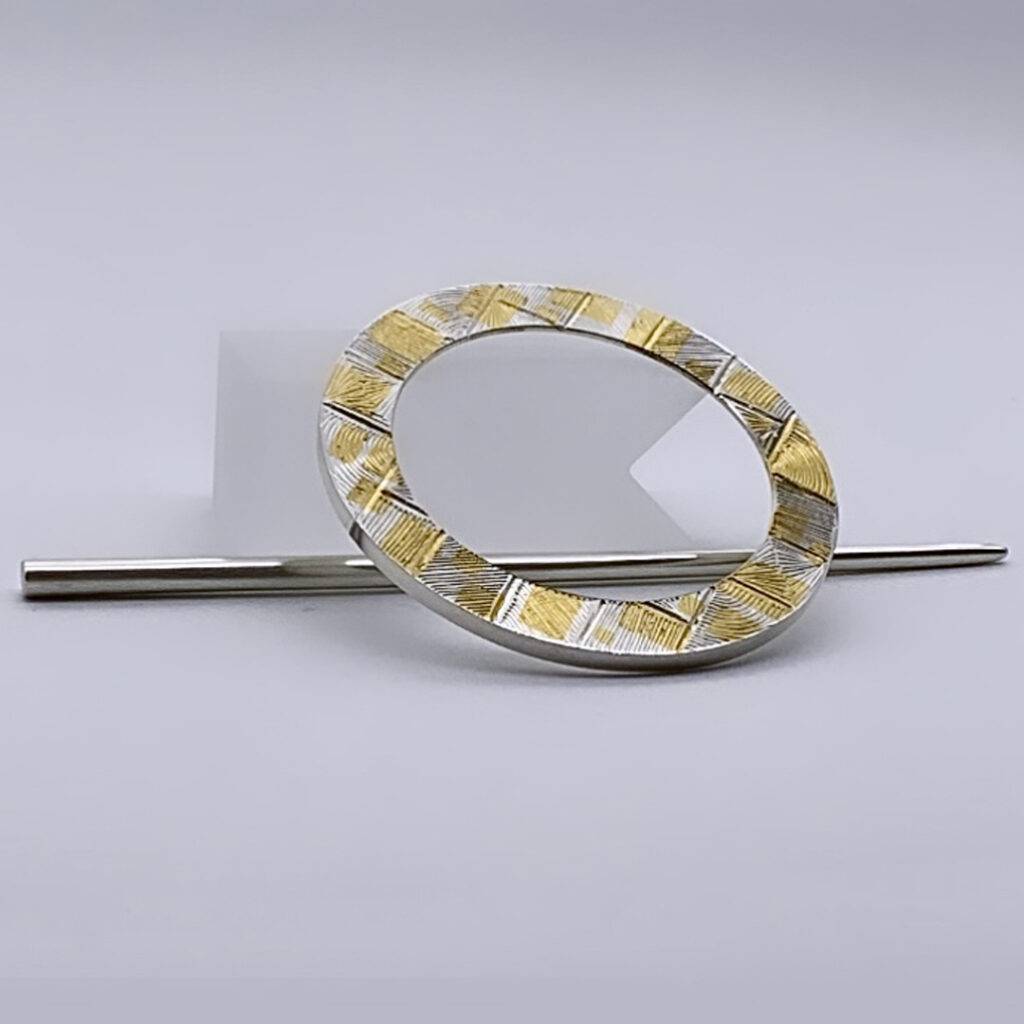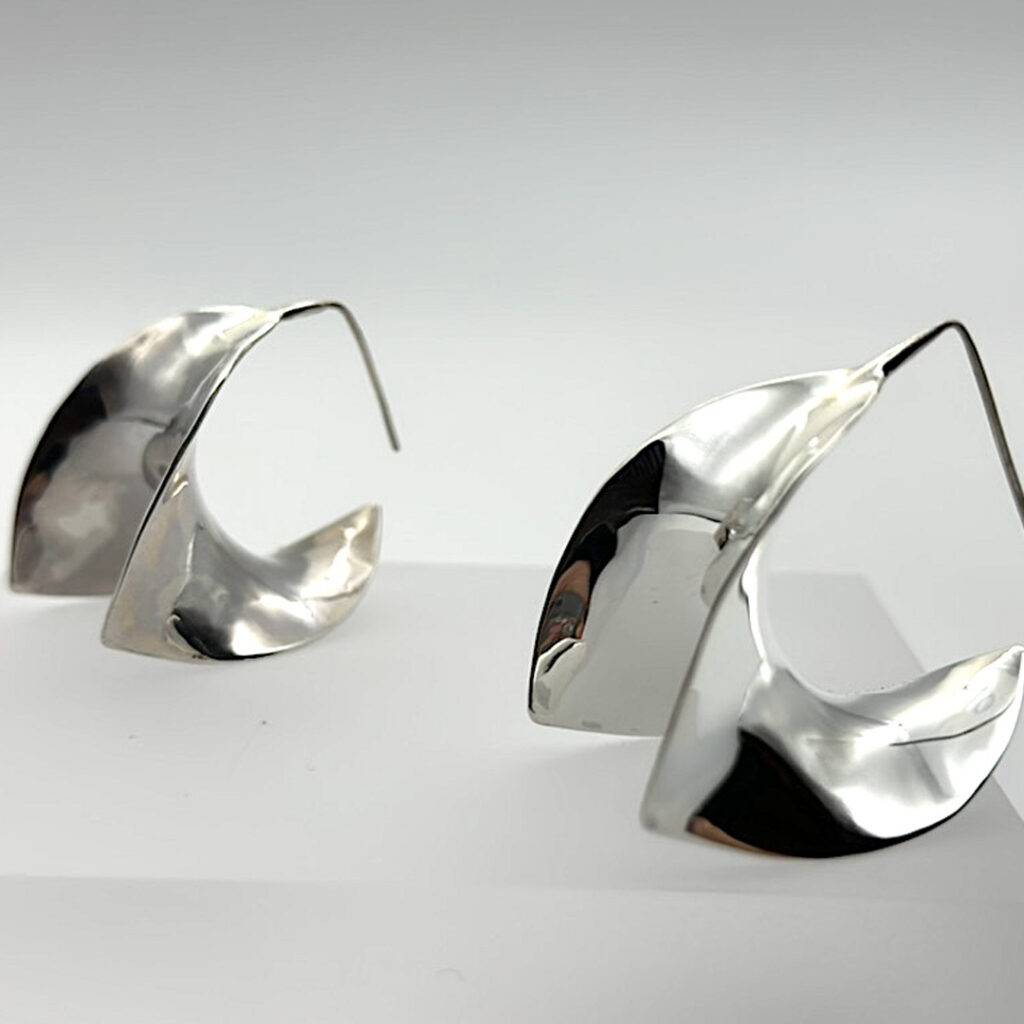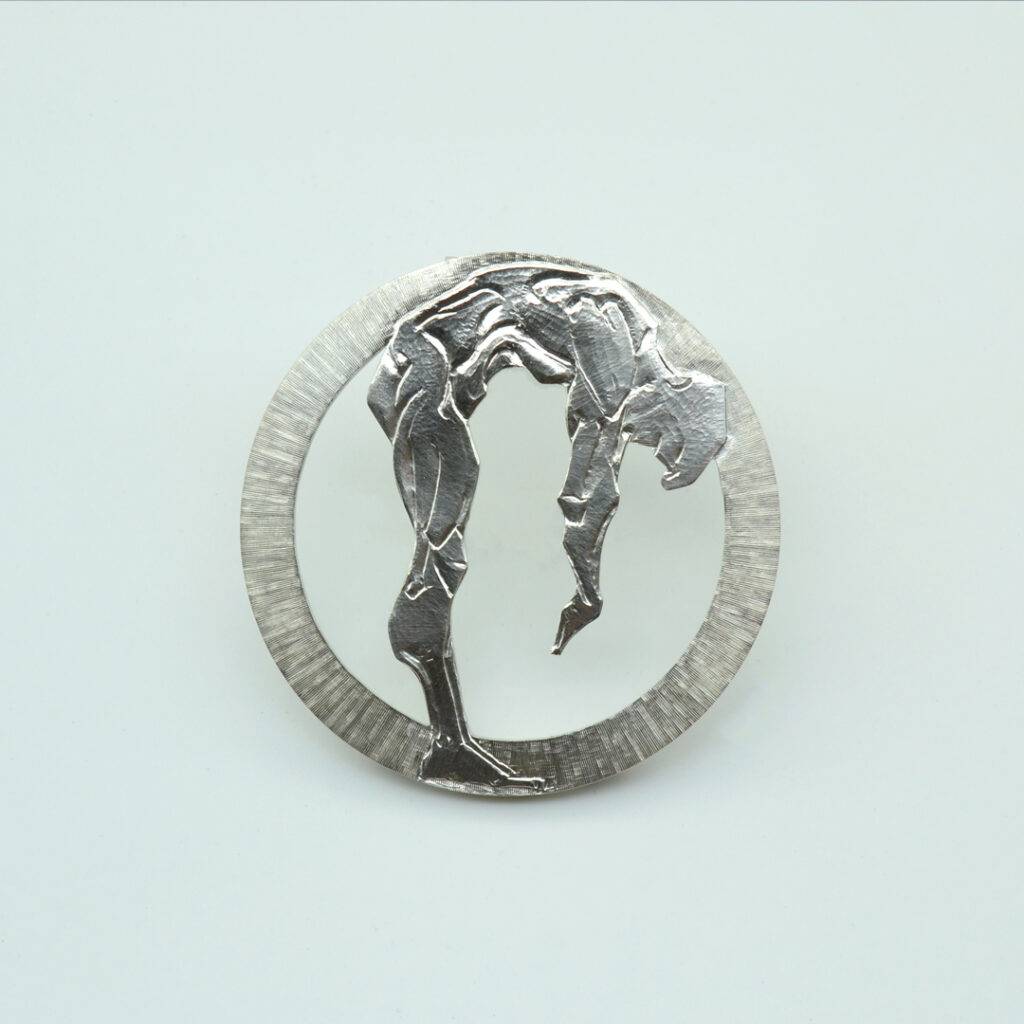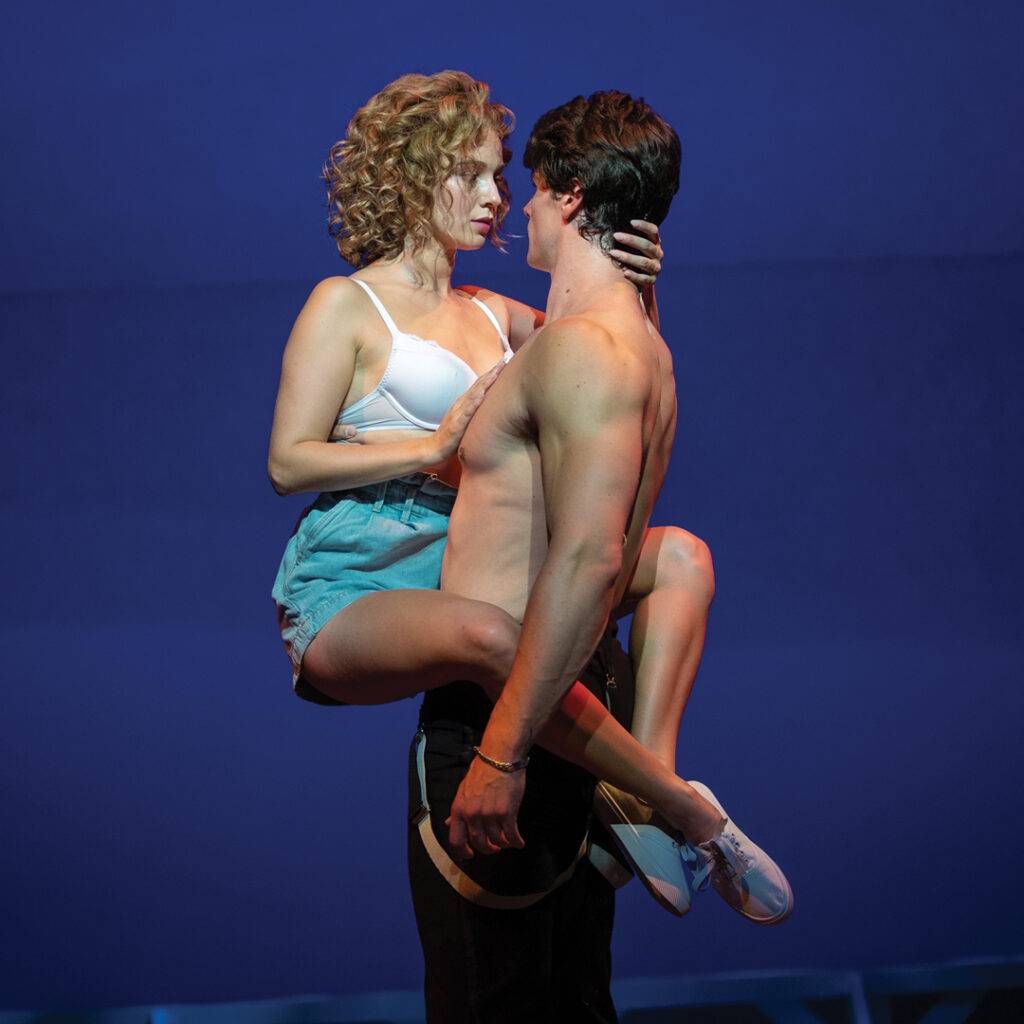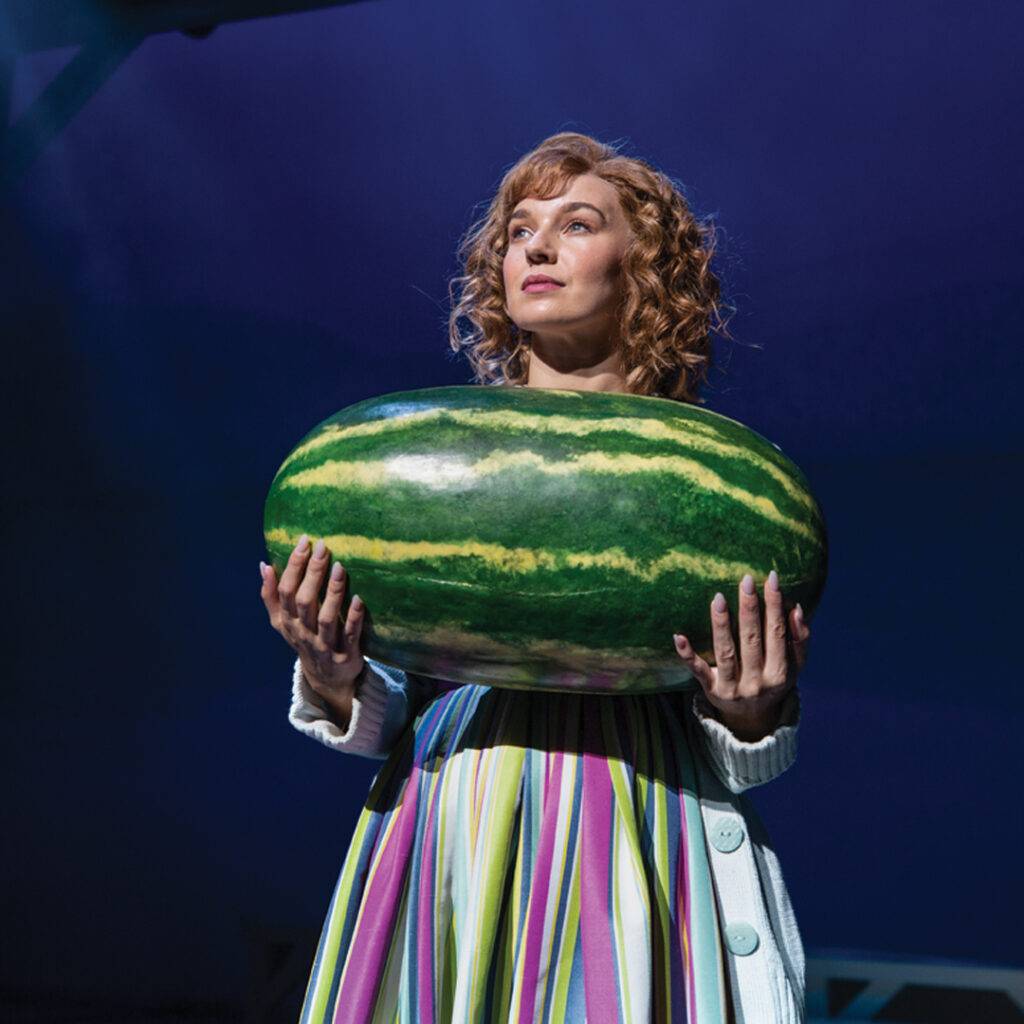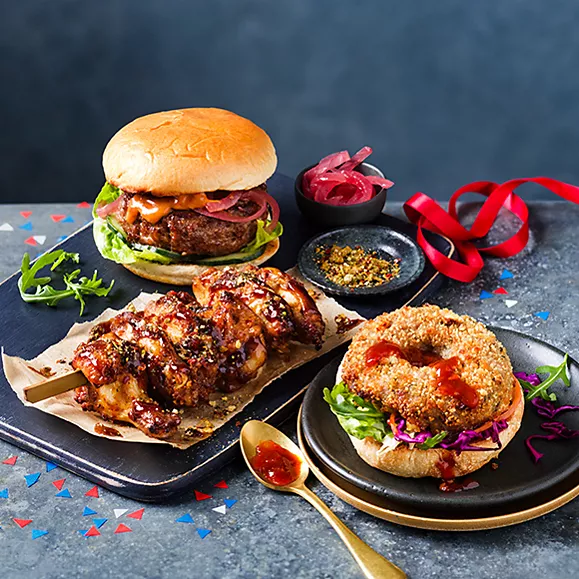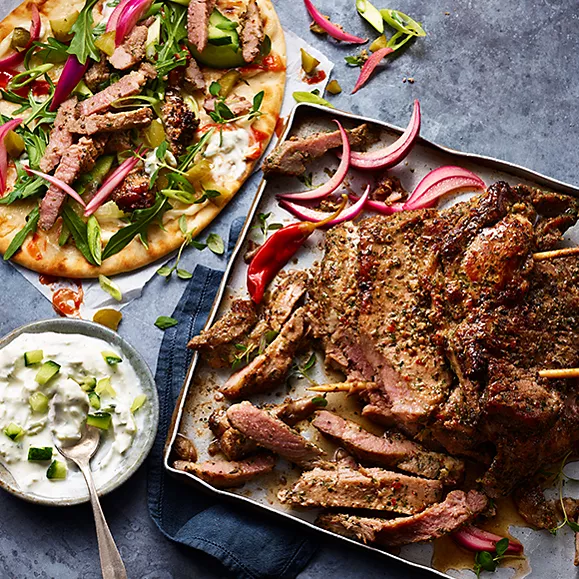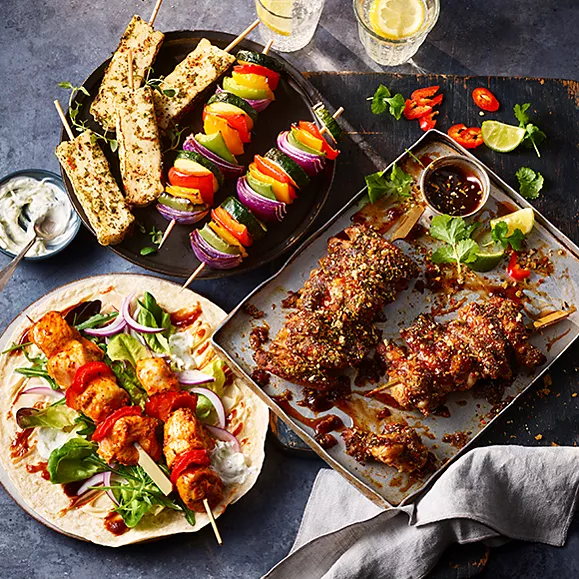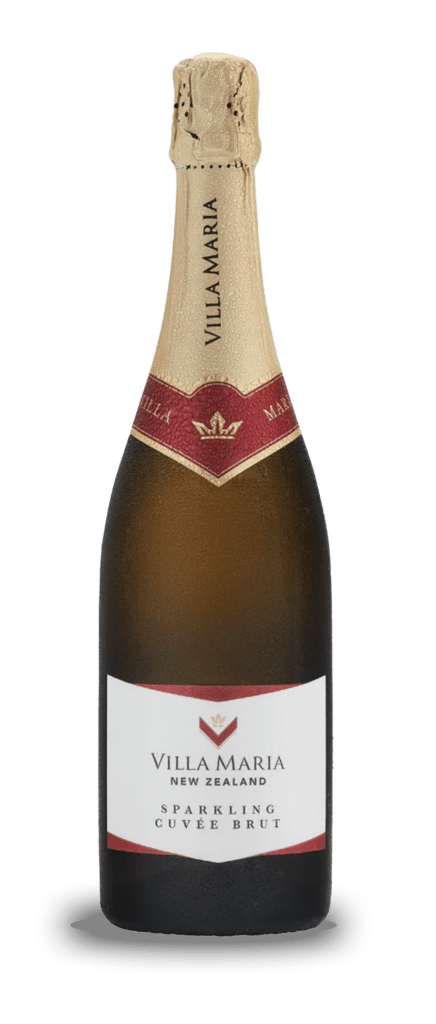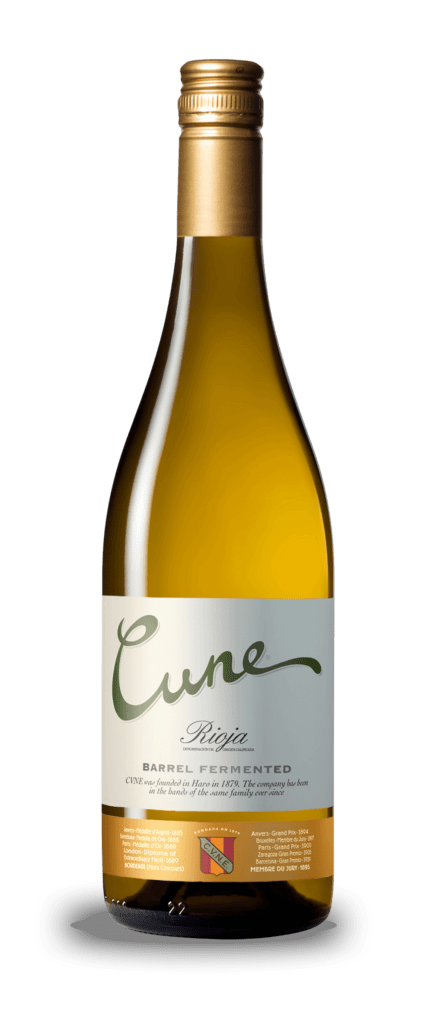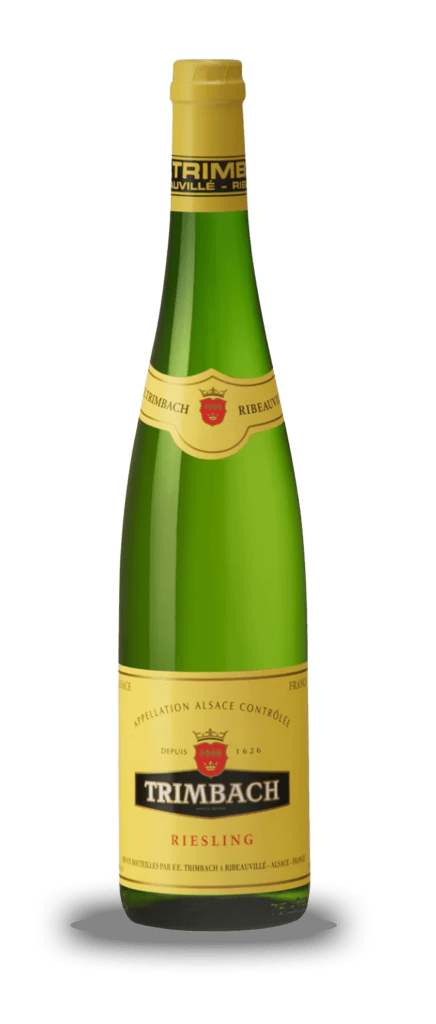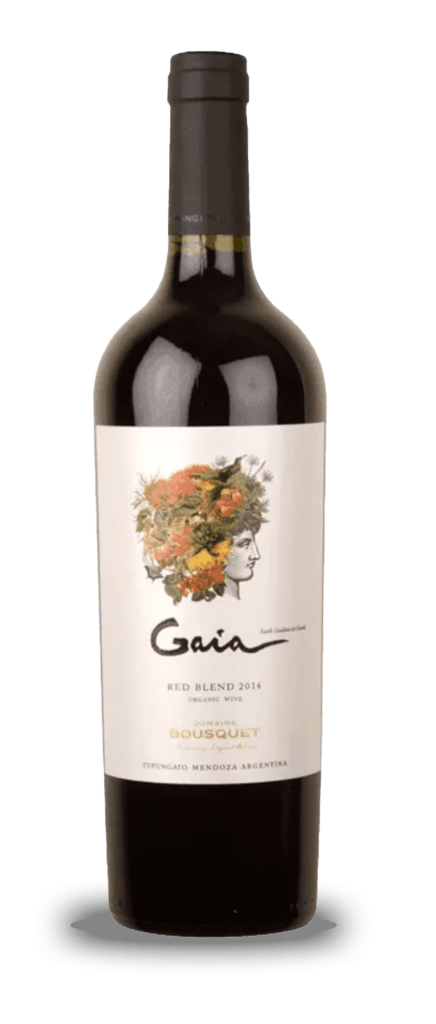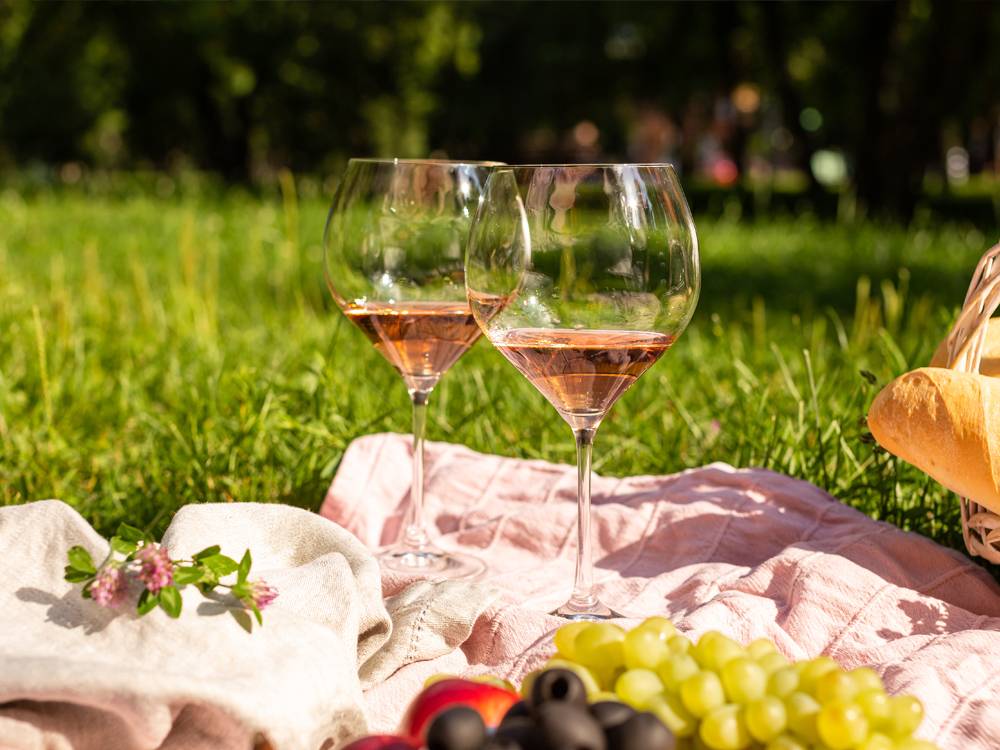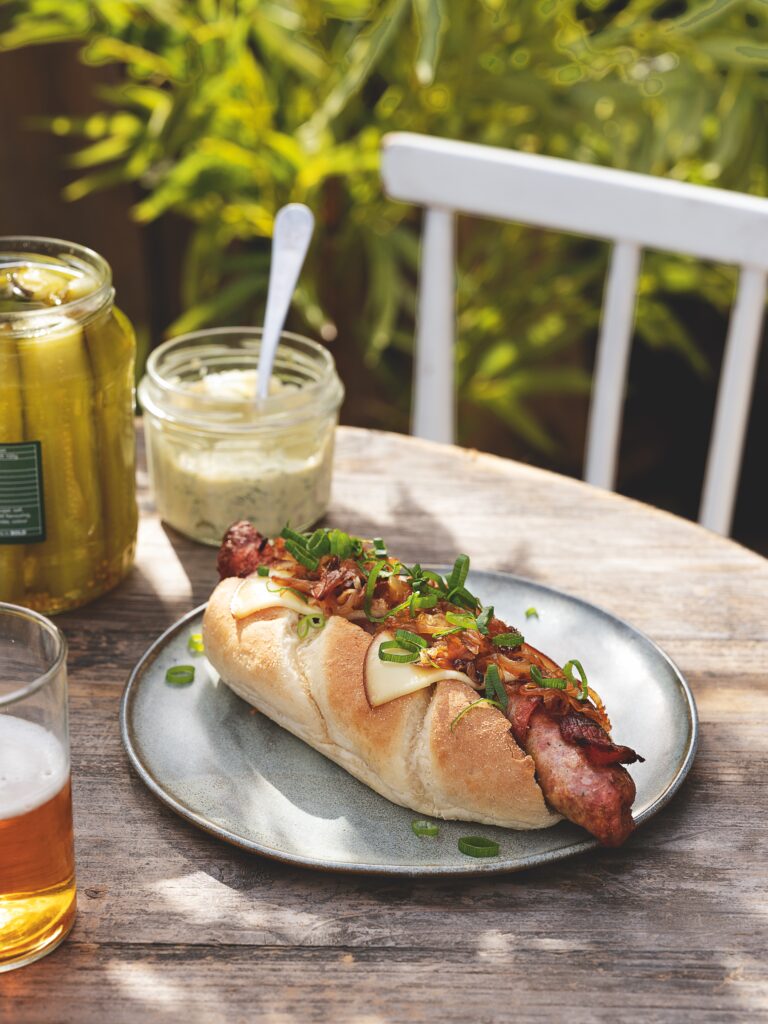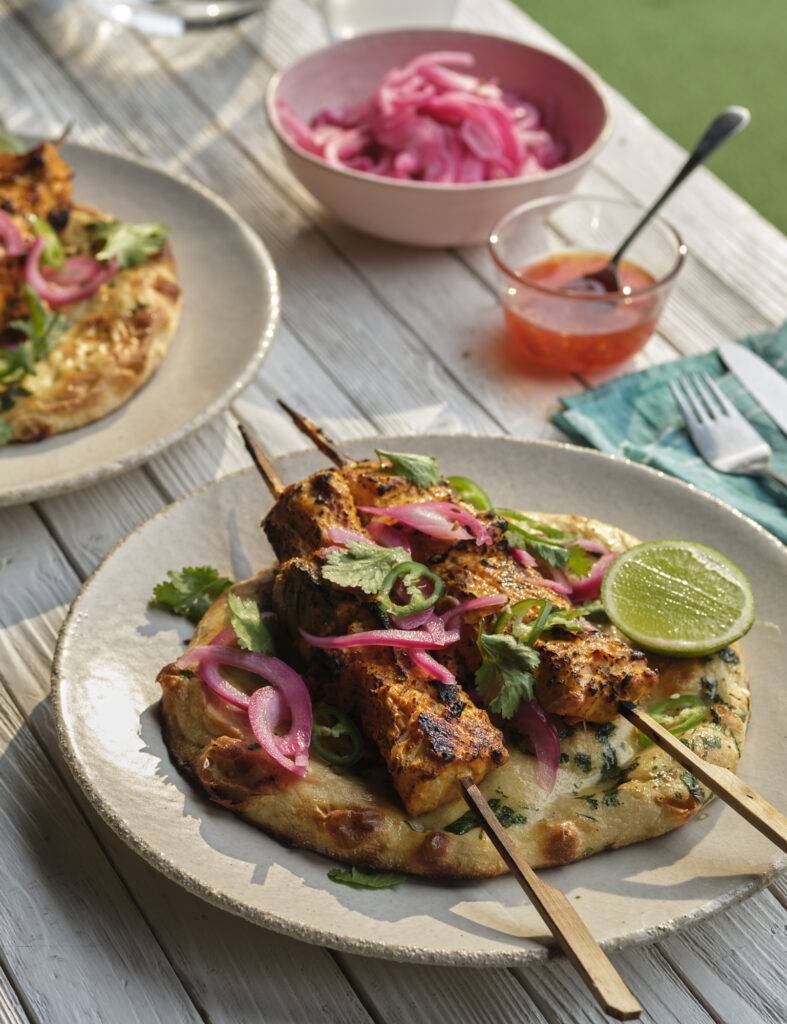Families! Catch Julia Donaldson and Axel Scheffler’s Beloved Tales from Acorn Wood, live on stage at G Live on Thursday, 31st August.
The family favourite stage adaptation from Norwell Lapley Productions (NLP) is coming to G Live this summer. Based on Julia Donaldson and Alex Scheffler’s best-selling lift-the-flap books, Tales of Acorn Wood is brought to life on stage for the first time in an enchanting lift-the-flap experience.
The show is packed full of toe-tapping songs and an array of beautifully crafted puppets, as well as striking state-of-the-art staging, projection and technology.
Poor old Fox has lost his socks! Are they in the kitchen or inside the clock? And Rat-a-tat-tat! Who’s that keeping tired Rabbit awake? You can also join in with Pig and Hen’s game of hide-and-seek and discover the special surprise Postman Bear is planning for his friends.
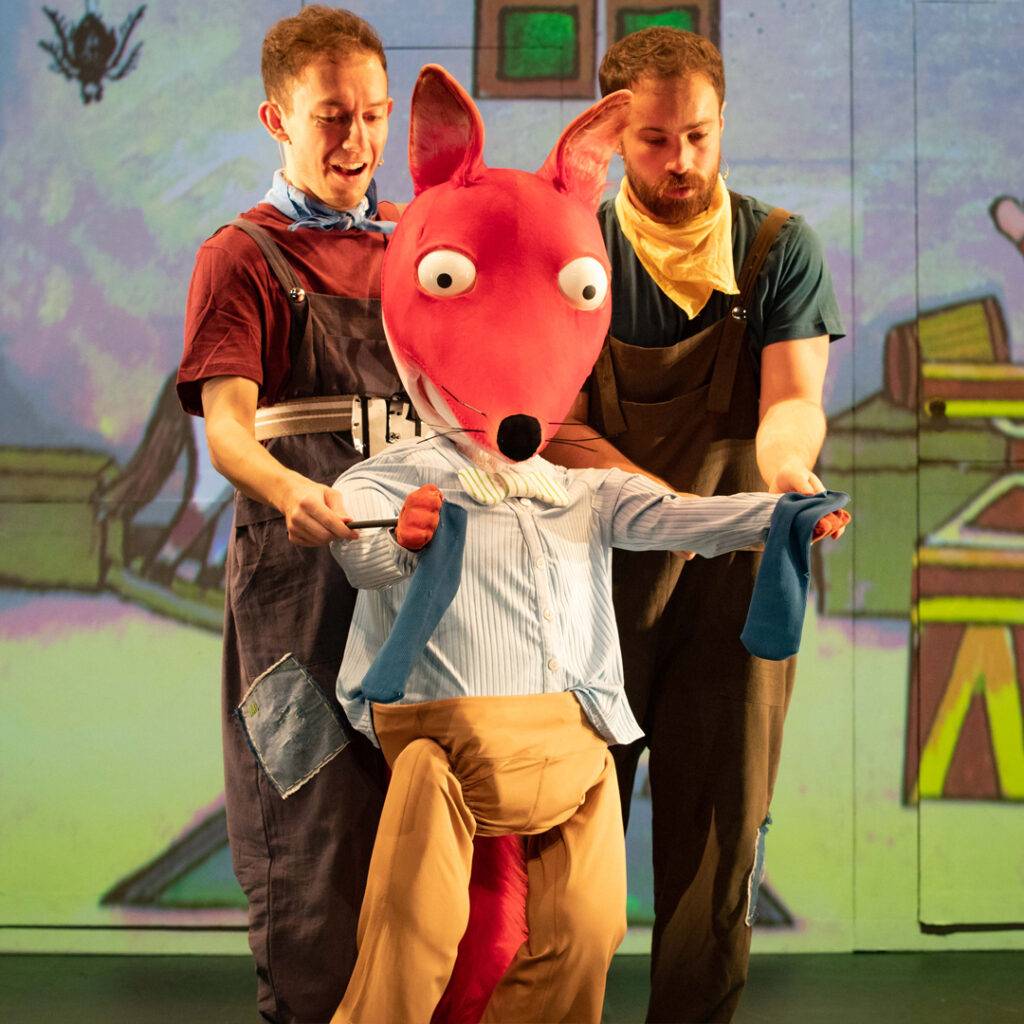
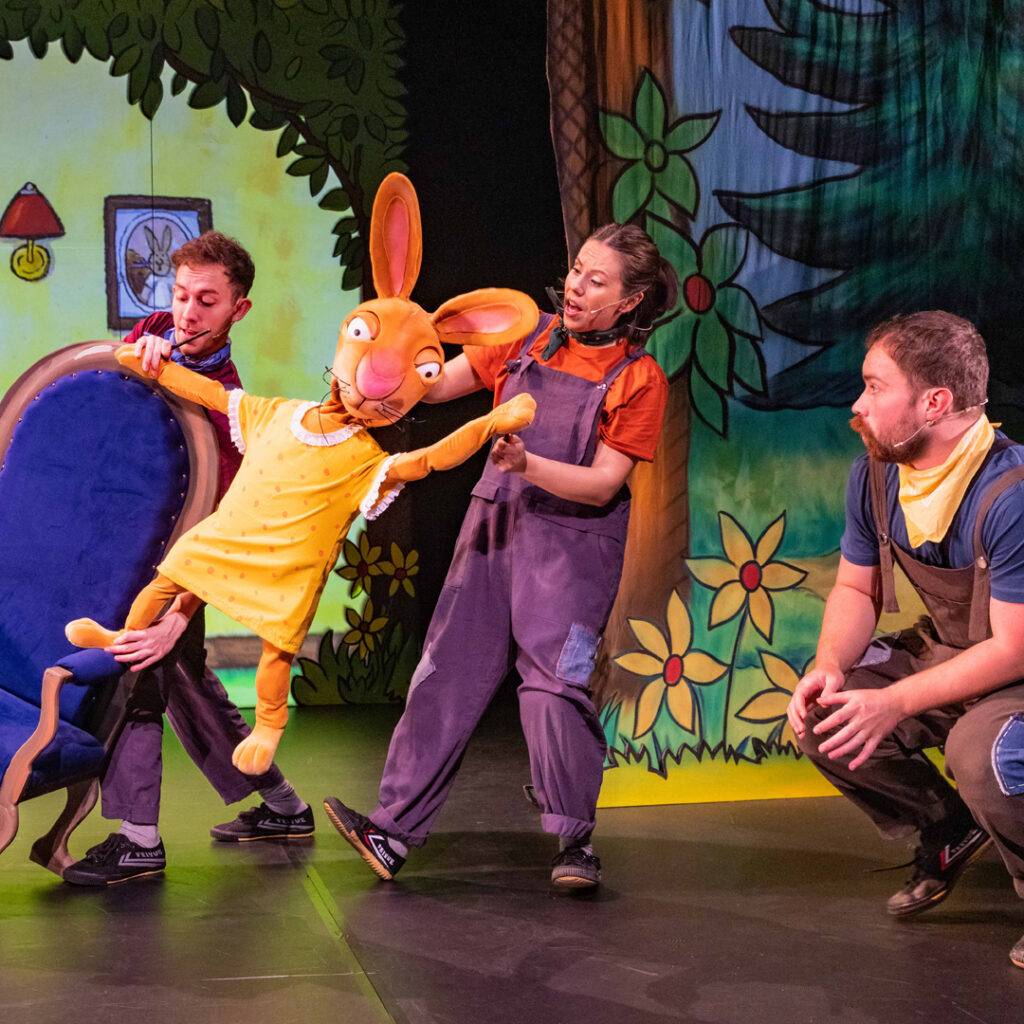
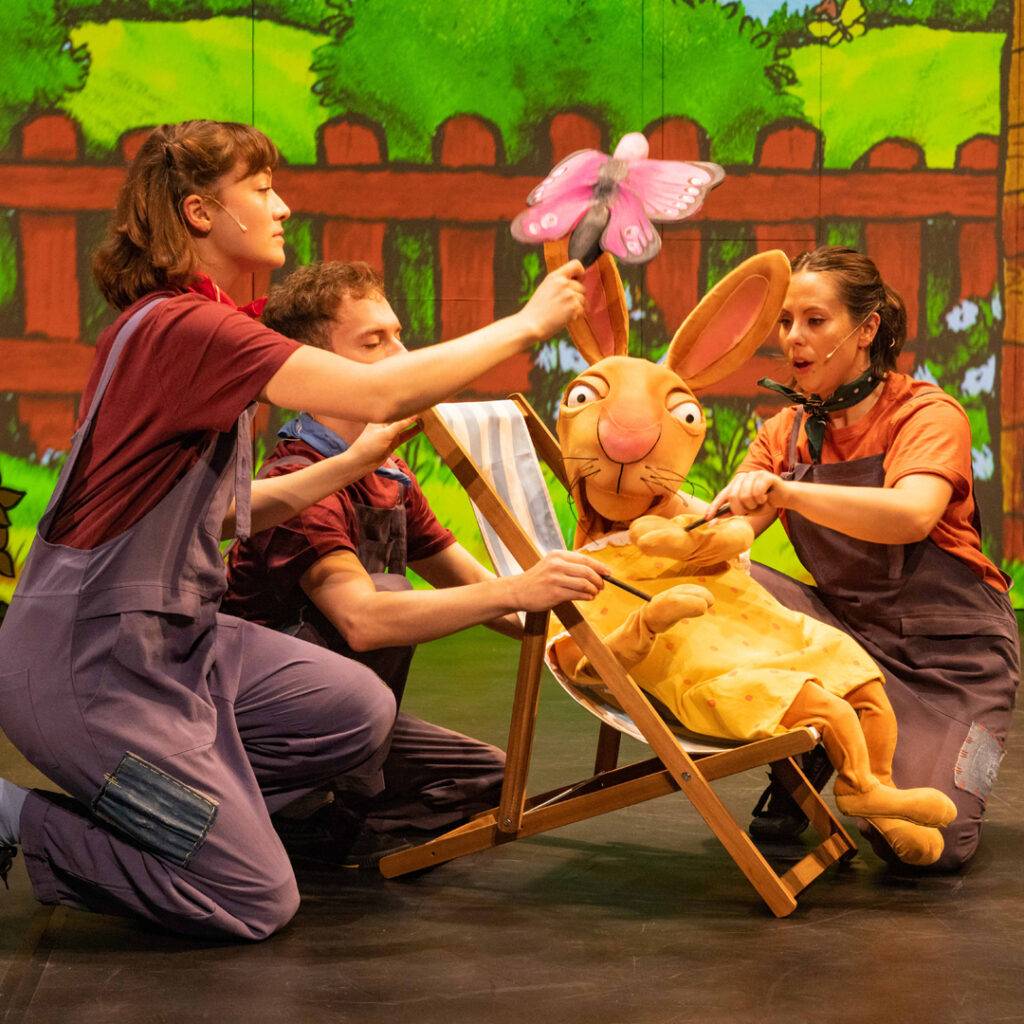
The creative team working on the show include celebrated Birmingham based choreographer Johnny Autin as puppet director, alongside director Brad Fitt, acclaimed production designer Ian Westbrook, motion graphic designer Louise Rhoades-Brown and lighting designer Alex Musgrave. Props and puppets have been designed and created by Deborah Mingham. The creative team is completed with musical director composer Miles Russell.
Julia Donaldson said: “I am really happy that the Tales from Acorn Wood has moved to the stage. Fans of the books are bound to enjoy seeing the four main characters: Fox, Bear, Pig and Rabbit brought to life through NLP’s clever staging. Live performance and songs are both very close to my heart and I am sure this production will delight children and families.”
Axel Scheffler added: “I have always enjoyed illustrating the Tales from Acorn Wood stories; the wide cast of animal friends is fun to draw, and I enjoy developing their world through my pictures. The NLP team has used state of the art staging and technology to create a brilliant experience for children and I was thrilled to see my illustrations come to life, I especially loved how they created the lift-the-flap effects on stage!
Book your tickets to enjoy Tales of Acorn Wood, based on the favourite stories by Julia Donaldson and Axel Scheffler, on Thursday, 31st August, at 1pm & 4pm. Adults: £18, under-14s £16, family of four £64. Box office: G Live & 0343 310 0055.



